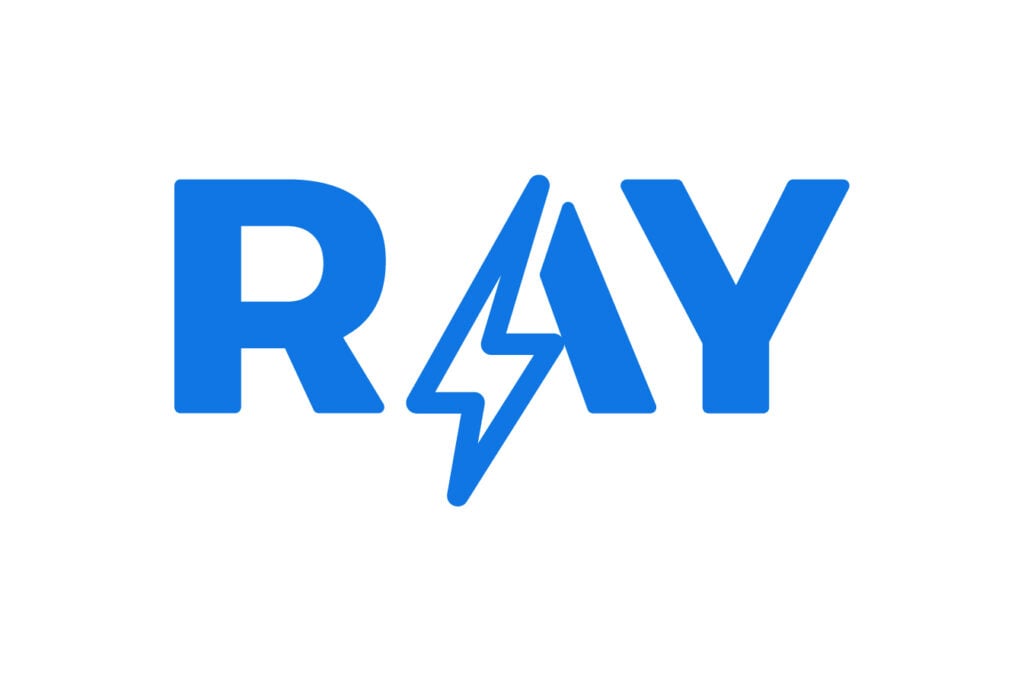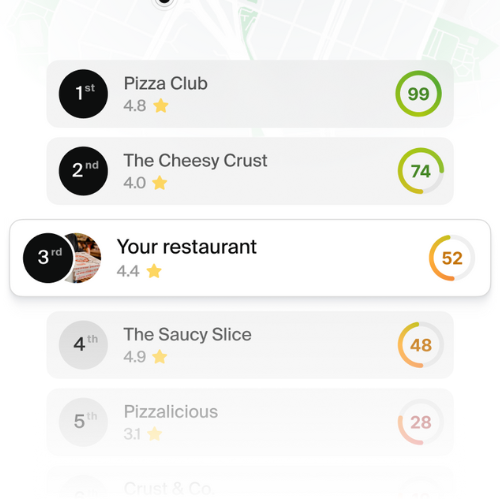In today’s digital age, a restaurant’s reputation can make or break its success, something that we have definitely seen with our clients. With the vast amount of information available online, potential customers often rely on reviews and ratings to make dining decisions. This is where restaurant reputation management comes into play. Effective management of your restaurant’s reputation can help attract new customers, retain existing ones, and ultimately boost your bottom line. In this article, we’ll explore what restaurant reputation management is, why it’s crucial, and how you can effectively manage your restaurant’s reputation. We’ll also highlight the top three tools, including Ray, to help you streamline this process.
What is Restaurant Reputation Management?
Restaurant reputation management refers to the practice of monitoring, influencing, and improving how your restaurant is perceived by the public, particularly online. This involves managing online reviews, social media mentions, and other digital feedback to ensure that your restaurant is viewed positively by potential and existing customers.
Effective reputation management includes several key activities:
- Monitoring Online Reviews and Mentions: Keeping an eye on what customers are saying about your restaurant on platforms like Google, Yelp, and TripAdvisor.
- Responding to Feedback: Engaging with customers by responding to reviews and comments, both positive and negative.
- Encouraging Positive Reviews: Proactively asking satisfied customers to leave positive reviews to enhance your online reputation.
- Addressing Negative Feedback: Handling complaints and negative reviews professionally to mitigate any potential damage to your reputation.
Why is Reputation Management Important for Restaurants?
- Customer Trust and Loyalty: A strong online reputation builds customer trust and loyalty. Positive reviews and high ratings can attract new customers and keep existing ones coming back.
- Increased Revenue: Studies have shown that restaurants with higher ratings and positive reviews tend to generate more revenue. Potential customers are more likely to choose a restaurant with a good reputation.
- Competitive Advantage: In a competitive industry, a strong reputation can set your restaurant apart from the competition. It can be the deciding factor for customers choosing between similar dining options.
- Improved Customer Experience: By actively managing your reputation, you can gather valuable feedback and make improvements to enhance the overall customer experience.
Are you struggling with reviews? Try our Google Reviews Template to answer them!
How to Manage Your Restaurant’s Reputation: Key Points!
- Monitor Online Reviews and Mentions
Use tools to track what customers are saying about your restaurant across various platforms. Set up alerts for mentions of your restaurant’s name to stay informed in real-time. - Respond to Reviews and Feedback
Engage with your customers by responding to their reviews and feedback. Thank customers for positive reviews and address any concerns raised in negative reviews. This shows that you value their opinions and are committed to providing a great experience. - Encourage Positive Reviews
Encourage satisfied customers to leave positive reviews. You can do this by asking them in person, including a request on receipts, or sending follow-up emails after their visit. Make it easy for them by providing links to review sites. - Address Negative Feedback Professionally
When responding to negative reviews, remain professional and empathetic. Apologize for any issues, offer solutions, and invite the customer to return for a better experience. Handling complaints effectively can turn dissatisfied customers into loyal ones. - Leverage Social Media
Use social media platforms to engage with your audience, share updates, and promote positive customer experiences. Social media can also be a valuable tool for monitoring mentions and gathering feedback. - Implement Feedback
Use the feedback you receive to make improvements to your restaurant. Whether it’s addressing service issues, enhancing menu items, or improving the ambiance, taking action based on customer feedback can lead to a better reputation.

Top 3 Tools for Restaurant Reputation Management
Now that you have a better understanding of Reputation Management, and the importance of it, let’s see what are the best tools to
RAY
RAY is an all-in-one reputation management platform designed to help restaurants monitor and improve their online presence. With Ray, you can track reviews from multiple platforms, respond to customer feedback, and analyze trends to make data-driven decisions. Ray’s user-friendly interface and powerful features make it an excellent choice for restaurant owners looking to enhance their reputation management efforts.
Key Features:
- Real-time review monitoring across various platforms.
- Automated responses to reviews.
- Comprehensive analytics and reporting.
- Customizable alerts and notifications.
- Integration with social media platforms.
ReviewTrackers
ReviewTrackers is a popular reputation management tool that allows you to monitor and respond to reviews from over 100 review sites. It offers sentiment analysis to help you understand customer feedback better and provides detailed reports to track your reputation over time.
Key Features:
- Centralized review monitoring and response.
- Sentiment analysis and review insights.
- Customizable reporting and analytics.
- Automated review requests to encourage positive feedback.
- Multi-location support for chain restaurants.
BirdEye
BirdEye is a comprehensive reputation management platform that helps restaurants manage their online reviews, social media mentions, and customer feedback. With BirdEye, you can easily track and respond to reviews, collect customer feedback through surveys, and analyze your reputation performance.
Key Features:
- Unified review management from multiple sites.
- Automated review responses and customer surveys.
- Advanced analytics and reputation scoring.
- Social media monitoring and engagement.
- Customizable review request campaigns.
Conclusion: Improving the reputation of your Business is vital!
Managing your restaurant’s reputation is essential in today’s digital world. By actively monitoring and responding to customer feedback, encouraging positive reviews, and leveraging powerful reputation management tools like Ray, you can ensure that your restaurant maintains a positive online presence. A strong reputation not only attracts new customers but also fosters loyalty among existing ones, ultimately leading to increased revenue and long-term success.
So, start investing in your restaurant’s reputation management today. With the right strategies and tools in place, you can enhance your restaurant’s image, improve customer satisfaction, and stay ahead of the competition. Remember, your reputation is your most valuable asset – make sure you manage it well!


